Government secures $1,8m for digitisation
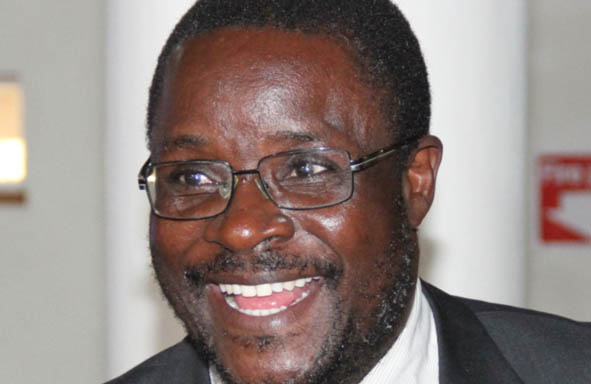
Walter Nyamukondiwa Chinhoyi Bureau
Government is set to bring in an initial 100 000 Set Top Boxes (SBTs) after securing the $1,8 million deposit required by the supplier as the digitisation project inches closer to bringing digital visual signal into households. Speaking on the sidelines of Zimbabwe Digitisation programme outreach in Chinhoyi yesterday, Information, Media and Broadcasting Service permanent secretary Mr George Charamba, said the external payment system bottleneck had been cleared.
“We now have the money. It’s as good as the Set Top Boxes are acquired, but it has been the Nostro Account limitations, which meant we have been unable to pay external suppliers. The initiative had been frozen as a result,” he said.
The Reserve Bank of Zimbabwe recently injected $70 million into the Nostro Account but the list of things that need to be paid for threaten to overwhelm the commitment.
Mr Charamba said the money would come from the $16 million payment made by the Ministry of Lands and Rural Resettlement to the Information, Media and Broadcasting Service Ministry last year.
Government is targeting importation of 400 000 STBs from Chinese technology firm Huawei with the initial 100 000 enough for the area covered so far.
“We think with a figure of 100 000, we should be fairly comfortable, but as we grow the area covered in terms of our digital footprint, we bring in more (STBs) in tranches,” he said.
The STBs like our normal decoders convert digital signal so that it can be processed by our television sets, which are analogue based.
He said the constraint in terms of rolling out the digitisation programme had never been about money, but a “moribund” Nostro Account, which allows the country to pay external suppliers.
Mr Charamba implored engineers working on the project to ring-fence content and Set Top Boxes from piracy.
“We need to work on Research and Development targeting accessories that are relevant to digitisation. We should be able to eventually develop our own Set Top Boxes and satellite dishes,” he said.
“We want to build an industry around the digitisation project. There is need to create products that are pirate proof. Engineers give me solutions that ensure productions are not pirated. Let’s explore the technical response and pre-emption strategy,”
In her address on behalf of Information, Media and Broadcasting Services Minister Dr Christopher Mushohwe, Deputy Minister Thokhozile Mathuthu, said that people should be wary of cultural imperialism, which led to moral decadence.
Dr Mushohwe said the digitisation programme provided a window of opportunity to reverse some of the bad traits in society through amplifying the nation’s diverse cultural values.
He called on improved content, which drew viewership, while highlighting some of the nation’s epoch moments like the Chinhoyi Battle.
“I want to read about the Chinhoyi Battle, watch a film depicting what took place, how the gallant fighters related with others. That’s our story,” he said.
Zimbabwe is paying an annual fee of $1,2 million for the satellite space to European Telecom Satellite (Eutelsat), and has already set up an uplink, and towers in some parts of the country are at various stages of construction.
Government is setting up primary infrastructure before inviting people who want to set up television stations following the increase of channels to 12 through the digitisation programme.
The event was attended by Mashonaland West Minister of State Cde Faber Chidarikire, officials from the Broadcasting Authority of Zimbabwe, Transmedia, Film School, ZBC and content producers.
Also read:
- Film school braces for digitisation
- Boosting China-Africa media cooperation
- ‘Digitisation to create 4m jobs’
- Digitisation programme on track: Mushohwe
- Govt happy with digitisation progress



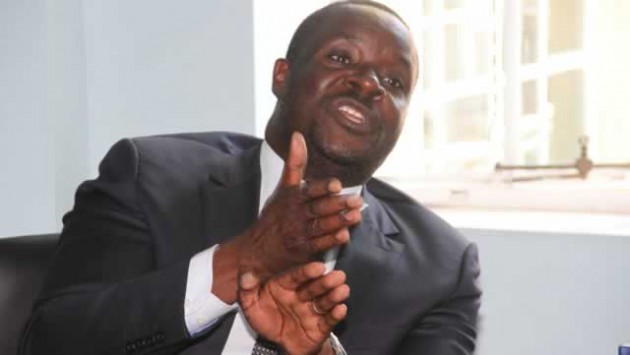
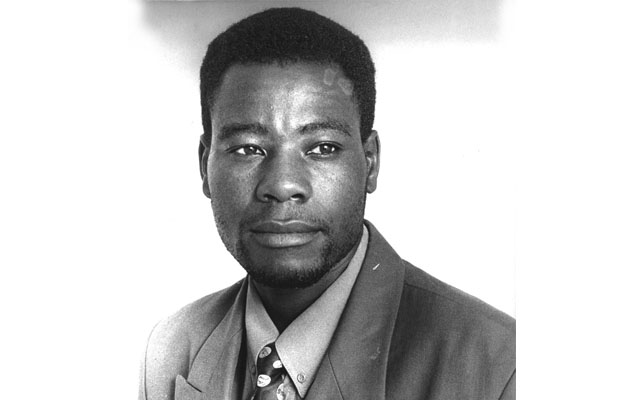
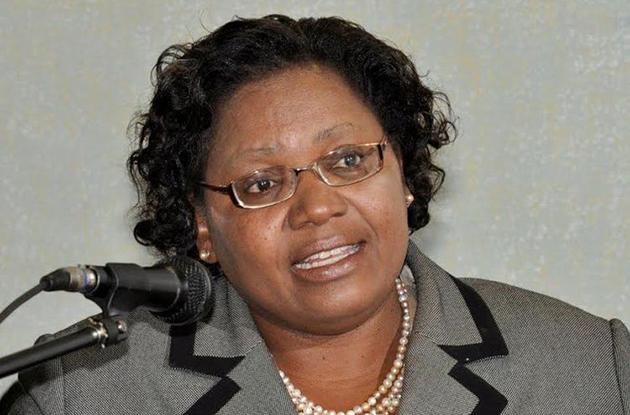


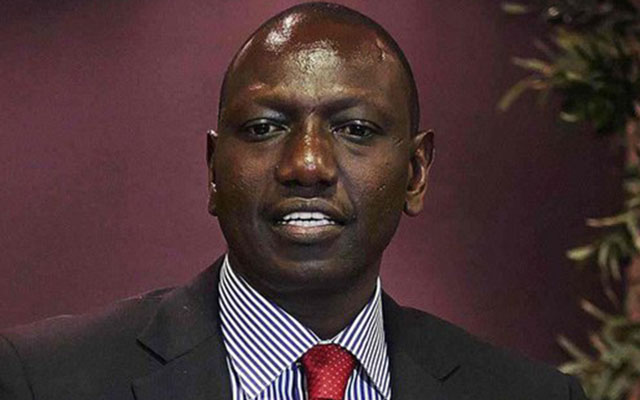

Comments